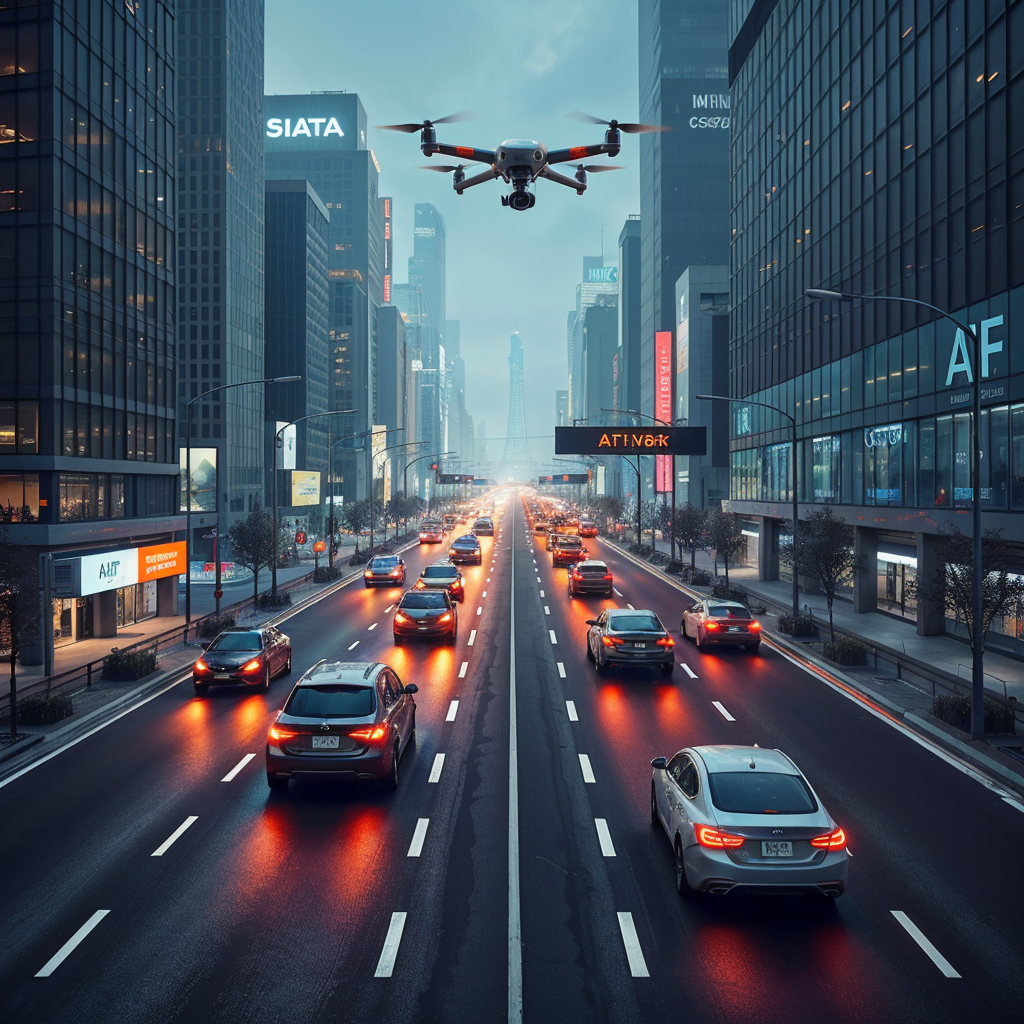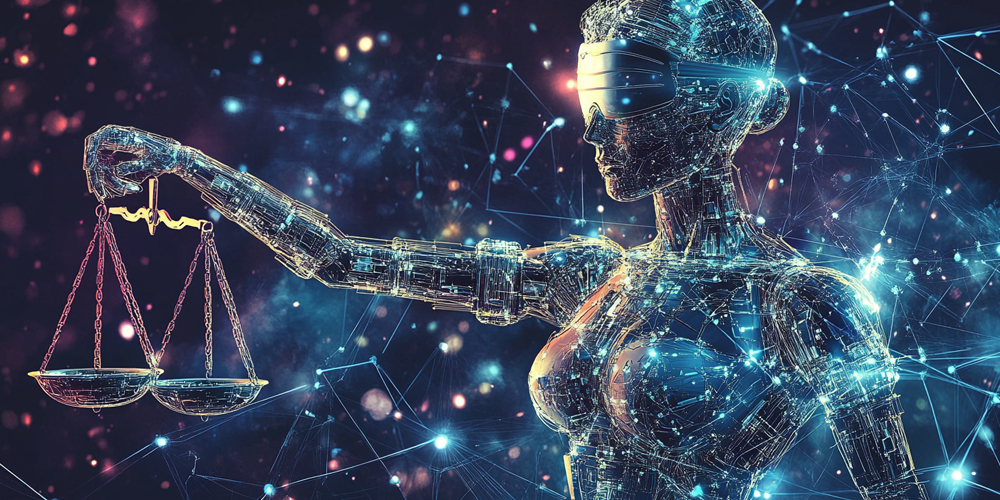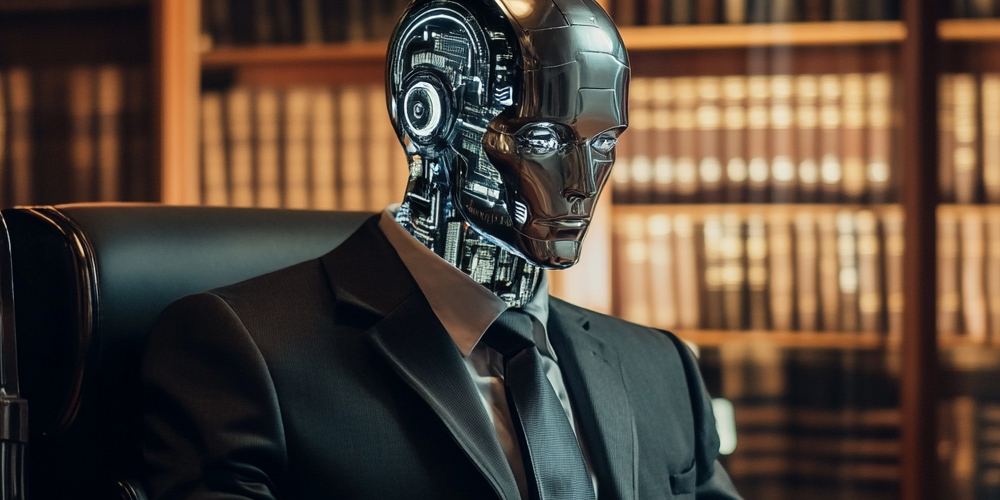How AI and Information Technology are Transforming Productivity in Manufacturing Industries
The manufacturing industry is undergoing a remarkable transformation driven by artificial intelligence (AI) and information technology (IT). These innovations are not just enhancing productivity but are also reshaping the entire landscape of manufacturing. From automated production lines to intelligent supply chain management, AI and IT are playing a pivotal role in improving operational efficiency and decision-making.
In this article, we delve into the ways AI and IT are revolutionizing the manufacturing sector. We will explore how these technologies are being integrated into various manufacturing processes and the significant impact they have on productivity.
The Rise of AI in Manufacturing
Artificial Intelligence is transforming manufacturing by automating tasks, predicting maintenance needs, and enhancing quality control. The integration of AI into manufacturing processes brings several advantages that improve overall efficiency.
1. Predictive Maintenance
Predictive maintenance is one of the most significant benefits of AI in manufacturing. Traditional maintenance approaches often rely on scheduled or reactive strategies. AI changes this by using data from machines to predict when maintenance should be performed. This reduces downtime and extends the lifespan of equipment.
By analyzing historical data and real-time sensor information, AI models can forecast potential failures before they occur. This proactive approach helps avoid unexpected breakdowns and minimizes disruptions in production.
2. Quality Control Enhancement
AI-driven quality control systems improve product consistency and reduce defects. AI algorithms analyze images of products during the manufacturing process to detect anomalies or deviations from quality standards. These systems can identify issues that might be missed by human inspectors, ensuring higher quality and fewer returns.
Moreover, AI can learn from past inspection data to improve its accuracy over time. This continuous learning process helps maintain high-quality standards and reduces the need for manual inspections.
3. Automation of Production Lines
Automation is at the core of AI’s impact on manufacturing. Automated production lines use robotics and AI to handle repetitive and complex tasks. Robots equipped with AI capabilities can perform tasks such as assembly, welding, and packaging with precision and speed.
Automation not only increases production rates but also reduces labor costs and human error. AI-controlled robots can work around the clock, leading to more efficient manufacturing processes and faster time-to-market.
4. Supply Chain Optimization
AI and IT are also revolutionizing supply chain management. AI algorithms analyze data from various sources to optimize inventory levels, forecast demand, and improve logistics. This leads to more efficient supply chain operations and reduces costs associated with excess inventory or stockouts.
By integrating AI with IT systems, manufacturers can create more responsive and agile supply chains. This integration allows for real-time adjustments based on changing market conditions, improving overall efficiency and customer satisfaction.
Information Technology’s Role in Modern Manufacturing
Information Technology (IT) complements AI by providing the necessary infrastructure and tools for data management and analysis. IT systems facilitate the integration of AI into manufacturing processes and enhance overall productivity.
1. IoT and Smart Manufacturing
The Internet of Things (IoT) plays a crucial role in smart manufacturing. IoT devices collect data from machines, sensors, and other equipment, providing valuable insights into production processes. This data is then analyzed by AI systems to optimize operations and improve decision-making.
Smart manufacturing involves using IoT data to create intelligent production systems that can adapt to changing conditions in real time. This leads to increased efficiency, reduced waste, and better overall performance.
2. Cloud Computing and Data Storage
Cloud computing provides manufacturers with scalable and flexible data storage solutions. By storing data in the cloud, companies can access and analyze large volumes of information without the limitations of traditional on-premises systems. This allows for better data management and collaboration across different locations.
Cloud-based systems also facilitate the integration of AI tools and applications. Manufacturers can leverage cloud resources to run complex AI algorithms and access advanced analytics capabilities.
3. Cybersecurity in Manufacturing
As manufacturing processes become more digital and interconnected, cybersecurity becomes increasingly important. Protecting sensitive data and systems from cyber threats is essential to maintaining operational integrity and confidentiality.
IT systems play a vital role in implementing robust cybersecurity measures. This includes securing networks, encrypting data, and monitoring for potential threats. Effective cybersecurity practices help prevent data breaches and ensure the reliability of manufacturing operations.
4. Advanced Analytics and Business Intelligence
Advanced analytics and business intelligence tools provide manufacturers with insights into their operations and performance. These tools analyze data from various sources to identify trends, patterns, and areas for improvement.
By leveraging advanced analytics, manufacturers can make data-driven decisions that enhance productivity and efficiency. Business intelligence tools also help in tracking key performance indicators (KPIs) and measuring the impact of different strategies.
Challenges and Considerations
While AI and IT offer numerous benefits, their integration into manufacturing comes with challenges. Addressing these challenges is crucial for successful implementation and maximizing productivity.
1. Implementation Costs
One of the significant challenges is the cost of implementation. Integrating AI and IT systems into existing manufacturing processes can be expensive. Costs include purchasing new equipment, software, and training staff to use the new technologies.
However, the long-term benefits of improved productivity and efficiency often outweigh the initial costs. Manufacturers should carefully plan and budget for the implementation of AI and IT solutions to ensure a successful transition.
2. Data Management and Integration
Managing and integrating data from various sources can be complex. Ensuring data consistency and accuracy is essential for effective AI analysis. Manufacturers need to establish robust data management practices to ensure that AI systems have access to high-quality data.
Additionally, integrating new IT systems with existing infrastructure requires careful planning and coordination. Proper integration helps avoid disruptions and ensures a smooth transition to new technologies.
3. Skill Gaps and Training
Implementing AI and IT solutions requires specialized skills. Finding qualified professionals and providing training for existing staff can be challenging. Manufacturers need to invest in training and development programs to build the necessary expertise within their organizations.
4. Change Management
Adopting new technologies often involves significant changes in processes and workflows. Managing these changes effectively is crucial for a successful implementation. Clear communication, employee involvement, and support are essential to ensure that staff adapt to new systems and technologies.
The Future of AI and IT in Manufacturing
The future of AI and IT in manufacturing looks promising. As technology continues to advance, new opportunities for enhancing productivity and efficiency will emerge. Manufacturers that embrace these technologies will be better positioned to thrive in an increasingly competitive landscape.
1. AI-Driven Innovations
Future innovations in AI will likely bring even more advanced capabilities to manufacturing. This includes more sophisticated AI algorithms, improved automation technologies, and enhanced data analytics. These advancements will further drive productivity and efficiency in manufacturing processes.
2. Integration of Emerging Technologies
The integration of emerging technologies such as blockchain and 5G with AI and IT will open up new possibilities for manufacturing. Blockchain can enhance supply chain transparency and security, while 5G will enable faster and more reliable data transmission.
As these technologies evolve, manufacturers will have access to new tools and solutions that will further transform their operations.
Conclusion
AI and IT are driving significant changes in the manufacturing industry. From predictive maintenance and quality control to smart manufacturing and data management, these technologies are enhancing productivity and efficiency. While there are challenges to overcome, the benefits of AI and IT far outweigh the risks.
By embracing these technologies, manufacturers can position themselves for success in a rapidly evolving market. The future of manufacturing is bright, and those who leverage AI and IT effectively will lead the way in innovation and productivity.






